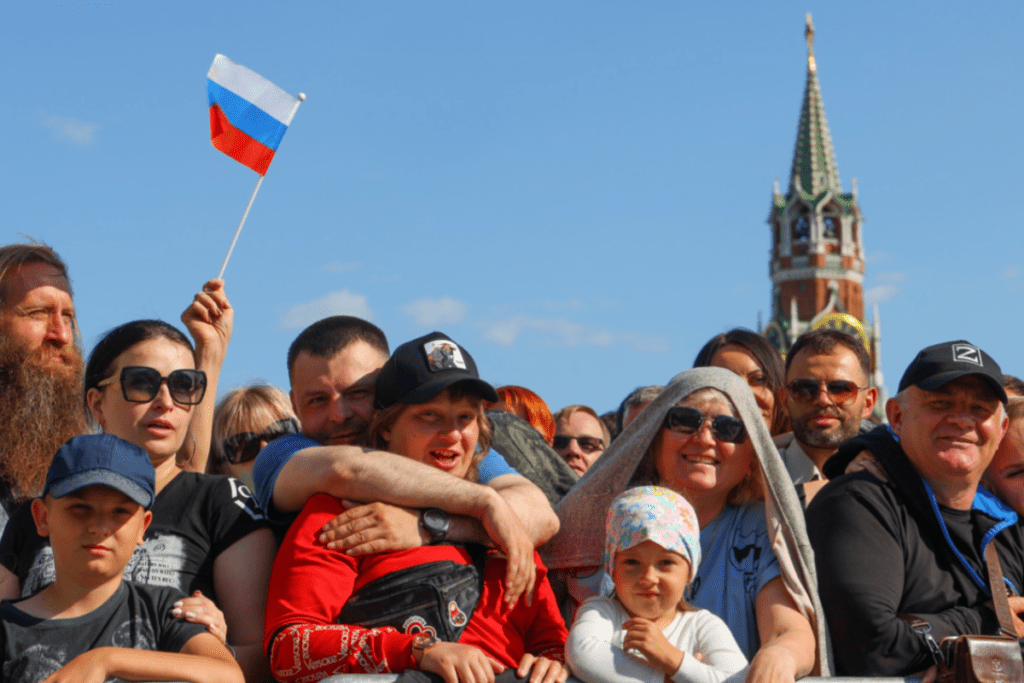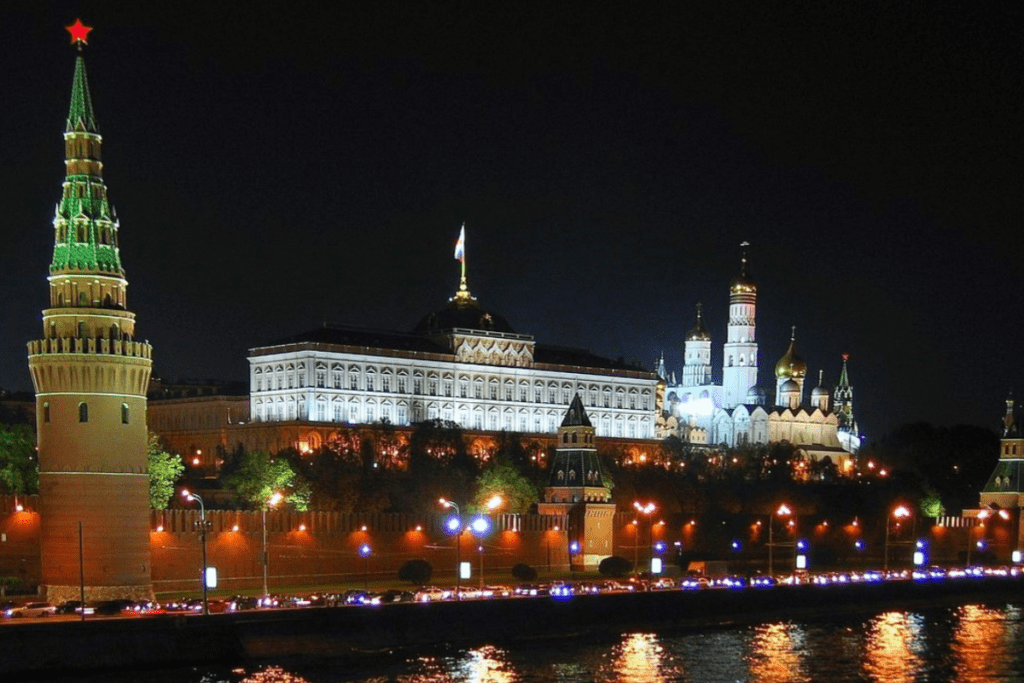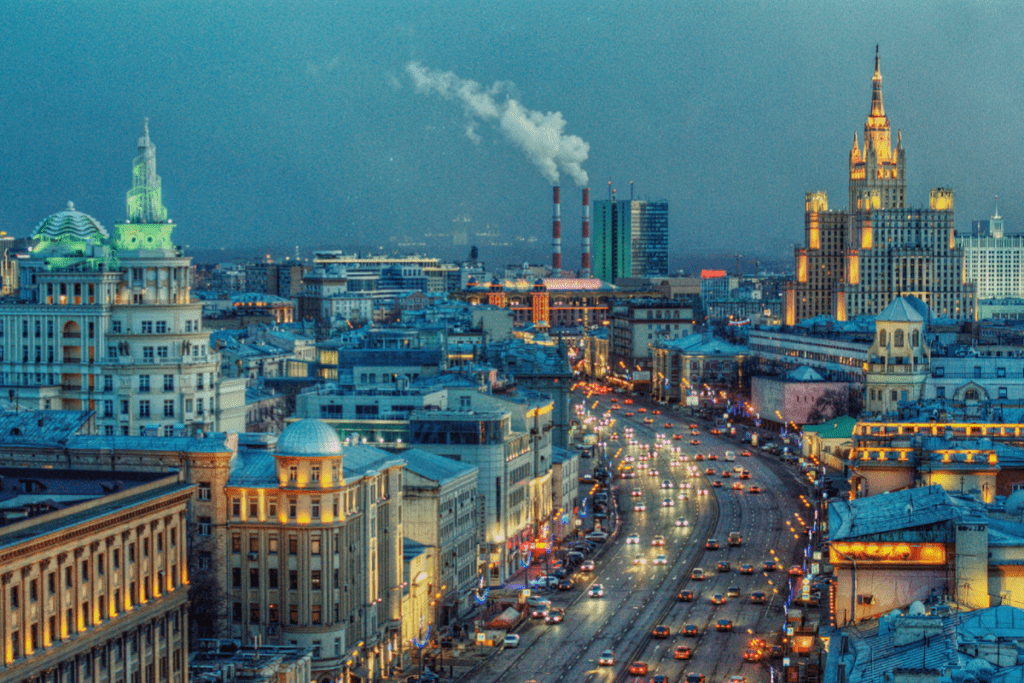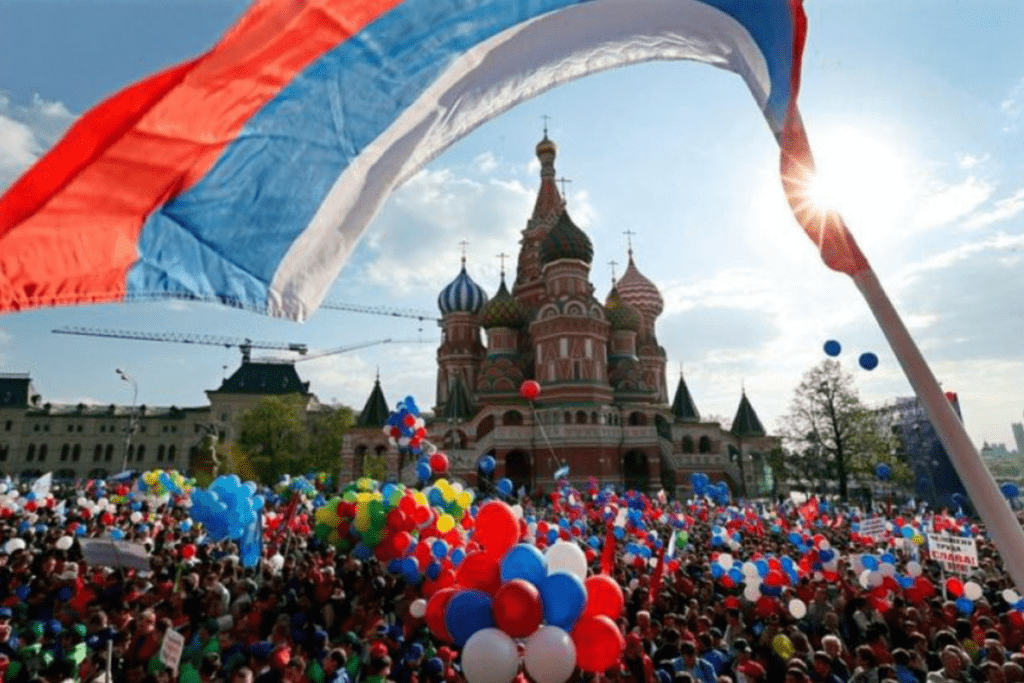Ready to be a Russian citizen? Here’s the easy roadmap: Collect needed documents, fill out the application, and meet residency rules. Our user-friendly guide walks you through each step, making the process simple. From paperwork to residency, we’re here to help you smoothly become a proud member of Russia.
Benefits of Russian Citizenship
Travel Benefits: Russian citizens can enjoy visa-free or simplified visa procedures when traveling to several countries, making international travel more convenient.
Work Opportunities: With Russian citizenship, you can pursue various job opportunities without the need for additional work permits, providing stability in employment.
Social Services Access: Russian citizens are eligible for state-provided healthcare, education, and other social services, ensuring access to essential facilities and support.
Voting and Political Participation: As a citizen, you have the right to vote in national and local elections, actively participating in shaping the country’s political landscape.
Government Protection: Russian citizens receive protection and assistance from the Russian government, both within the country and abroad, enhancing their sense of security.
Property Ownership Rights: Citizenship allows you to own land and property in Russia without restrictions, providing a sense of stability and investment opportunities.
Family Reunification: Russian citizenship facilitates the process of bringing family members to live with you in Russia, promoting family unity.
Cultural Integration: Being a citizen means you become an integral part of Russian society, enjoying the diverse cultural heritage, traditions, and customs of the country. This can lead to a stronger sense of belonging and community.
Pension and Social Benefits: Russian citizens are entitled to various social benefits, including pensions and financial assistance, contributing to their well-being and quality of life.
Diplomatic Support: In case of emergencies or legal issues abroad, the Russian government provides diplomatic support to its citizens, ensuring their rights and safety are protected.

Requirements for Russian Citizenship
- Residency Period: According to last update in January 2022, the residency period required for obtaining Russian citizenship is generally five years of continuous legal residence. However, requirements may vary depending on the specific circumstances and the region in Russia where you are applying for citizenship.
- Language Proficiency Exam: You may be required to pass a language proficiency exam in Russian. This is to ensure that you have a basic understanding of the language, which is important for integration.
- No Criminal Record Certificate: Obtain a certificate confirming that you have no criminal record, both in Russia and in your home country, if applicable.
- Financial Stability: Some regions may require proof of financial stability to ensure that you can support yourself and your dependents.
- Renunciation of Other Citizenship: While Russia generally discourages dual citizenship, some exceptions exist. If you are from a country that allows dual citizenship, you may not need to renounce your original citizenship.
- Application Form: Complete and submit the necessary application forms, providing accurate and truthful information.
- Integration Exam: In certain regions, you might be required to pass an integration exam covering knowledge of Russian laws, history, and traditions. This exam is often aimed at promoting cultural assimilation.
- Special Cases: Special considerations may apply for individuals with Russian ancestry, former Soviet citizens, or refugees.
How to Apply for Russian Citizenship: Step-by-Step Guide

Step 1: Establish Residency (Duration: Approximately 5 Years)
Begin your quest for Russian citizenship by residing in the country legally for about five years. This involves obtaining and maintaining a valid residency permit while adhering to Russia’s laws.
Step 2: Learn Basic Russian and Pass a Language Test
Equip yourself with basic Russian language skills. Learning common phrases is essential for effective communication within the community. Some regions may require you to prove your language proficiency by passing a straightforward test.
Step 3: Obtain a Clean Criminal Record Certificate
Demonstrate your trustworthiness by obtaining a certificate confirming your lack of a criminal record. This paperwork is a crucial aspect of your application, showcasing your eligibility and commitment to abiding by the law.
Step 4: Show Financial Stability
Assure authorities that you can financially support yourself during your time in Russia. Collect and present documents that verify your financial stability, giving officials confidence in your ability to thrive in the country.
Step 5: Fill Out the Application Form
Navigate the paperwork by completing the application form accurately. This document will collect essential information about your background, residency, and other pertinent details. Take your time to ensure precision.
Step 6: Submit Documents
Gather your paperwork, including your passport, residency proof, language test results, and any other required documents. Check the specific requirements for your application and confirm that all documentation is current and in order.
Step 7: Pass the Integration Exam (if required)
In certain regions, you may be asked to take an integration exam. This test evaluates your knowledge of Russian laws, history, and traditions. It’s designed to ensure you have a basic understanding of the country’s culture.
Step 8: Patiently Wait for Approval
Exercise patience during the waiting period. After submitting your application and supporting documents, allow the immigration authorities sufficient time to process your information. The duration of this processing time may vary, so stay calm and positive.
Step 9: Consider an Oath of Allegiance (if required)
In some instances, you may be asked to take an oath of allegiance. This formal declaration signifies your commitment and loyalty to Russia and its established rules.
Additional Tips:
- Ask the Experts: If the application process becomes overwhelming, seek guidance from local immigration authorities or visit the Russian Embassy for accurate and up-to-date information.
- Dual Citizenship Check: Explore the rules regarding dual citizenship, especially if your home country permits it. Understanding the regulations will help you navigate any potential complications.
- Legal Help: Consider seeking legal advice if aspects of the process seem complex. A professional can provide valuable guidance, ensuring you understand each step and addressing specific concerns.
- Stay Informed: Keep yourself informed about any changes in immigration rules. Staying up-to-date with developments will empower you to navigate the process smoothly and efficiently.
Disadvantages of Russian citizenship
While obtaining Russian citizenship comes with several benefits, there are also potential disadvantages to consider. It’s essential to weigh both the advantages and disadvantages before making decisions. Here are some potential disadvantages of Russian citizenship:

- Language Barrier: If you are not proficient in the Russian language, daily communication and integration into society may pose challenges. This language barrier can impact your ability to fully participate in various aspects of life.
- Bureaucratic Processes: Russia, like any country, has bureaucratic processes that may be complex and time-consuming. Dealing with government offices for various matters may require patience and a good understanding of the administrative procedures.
- Political and Social Environment: Russia’s political and social environment may be different from what you are accustomed to in your home country. Understanding and adapting to the local political climate and social norms can be challenging.
- Dual Citizenship Restrictions: Russia generally discourages dual citizenship, and in some cases, it may be required to renounce your original citizenship. This can be a disadvantage if you wish to maintain citizenship in another country.
- Economic Challenges: Economic factors, such as fluctuations in the Russian economy, can impact your financial stability. Like any country, Russia has its economic challenges, and being aware of these factors is crucial for those considering citizenship.
- Regional Disparities: Russia is a vast country with regional disparities in terms of development, infrastructure, and opportunities. Depending on where you choose to reside, there may be differences in living standards and available amenities.
- Cultural Adjustment: Adapting to a new culture can be both rewarding and challenging. If you are not familiar with Russian customs, traditions, and social norms, the cultural adjustment process may take time.
- Military Service Obligations: Russian male citizens between the ages of 18 and 27 are generally required to complete compulsory military service. This obligation can impact personal plans and career choices.
- Travel Restrictions: Russian citizens may face travel restrictions to certain countries, and obtaining visas for travel purposes might be necessary. This can be a disadvantage for those who value easy global mobility.
- Healthcare and Education Variances: While Russia offers state-provided healthcare and education, the quality of these services can vary across regions. Access to high-quality healthcare and education may depend on your location.
Way to lose Russian citizenship
Losing Russian citizenship can occur through various circumstances, and it’s crucial to understand the legal processes involved. Here are common ways one may lose Russian citizenship:
- Renunciation: Voluntarily renouncing Russian citizenship is a straightforward way to lose it. This involves submitting an application to the Russian authorities expressing the desire to give up citizenship. After approval, the individual is no longer considered a Russian citizen.
- Acquiring Another Citizenship: Russia generally discourages dual citizenship. If a Russian citizen voluntarily acquires citizenship in another country, they may automatically lose their Russian citizenship. However, it’s important to note that the process can vary, and some countries may allow dual citizenship with Russia.
- Service in Foreign Armed Forces: Serving in the armed forces of a foreign country without permission from the Russian government can result in loss of citizenship. It’s important to obtain proper authorization before joining the military in another nation.
- Engaging in Certain Government Positions: Holding certain high-level government positions in another country without official approval from the Russian government can lead to the loss of Russian citizenship. This is to prevent conflicts of interest and maintain national security.
- Conviction for Serious Crimes: If a Russian citizen is convicted of serious crimes, particularly those considered harmful to the state or national security, it may result in the revocation of citizenship.
- False Information during Application: Providing false information or concealing relevant facts during the citizenship application process can lead to the annulment of citizenship if discovered later.

FAQs:
How can I get Russian citizenship?
Live in Russia legally for about 5 years, learn basic Russian, and meet other requirements. Then, apply through the official process.
Can I have dual citizenship with Russia?
Russia generally discourages dual citizenship, but it depends on the rules of the other country. Check the specific regulations for each country involved.
What happens if I acquire citizenship in another country?
Acquiring another country’s citizenship might lead to losing Russian citizenship. Always check the rules and get proper guidance.
How do I renounce Russian citizenship?
To give up Russian citizenship, submit an application expressing your desire to renounce. Once approved, you are no longer a Russian citizen.
Can I join the military in another country as a Russian citizen?
Joining a foreign military requires permission from Russia. Without it, you might risk losing Russian citizenship.
Are there restrictions for certain government positions in other countries?
Holding high-level government positions in another country may lead to loss of Russian citizenship without official approval.
What if I’m convicted of serious crimes?
Conviction for serious crimes harmful to Russia’s safety or state might result in the revocation of Russian citizenship.
What role does false information play during the application process?
Providing false information during the citizenship application can lead to the cancellation of citizenship if discovered later.
How long does it take to become a Russian citizen?
It typically takes about 5 years of legal residency in Russia to become eligible for citizenship. The application process duration may vary.
What’s the significance of the integration exam?
Some regions may require an integration exam testing knowledge of Russian laws, history, and traditions as part of the citizenship process.
Read More…
- How to get UAE Citizenship | UAE Naturalization
- How to get Singapore Citizenship – Singapore Naturalization
- How to get Peruvian Citizenship | Peruvian Naturalization
- How to get Mexican Citizenship | Mexican Naturalization
- How to get California Citizenship | Dual Citizenship in U.S.
- How to Get Canadian Citizenship – Canada Citizenship Eligibility
- How to Get U.S. Citizenship Easily – Citizenship Application
- Australian Citizenship – Australian Naturalization
